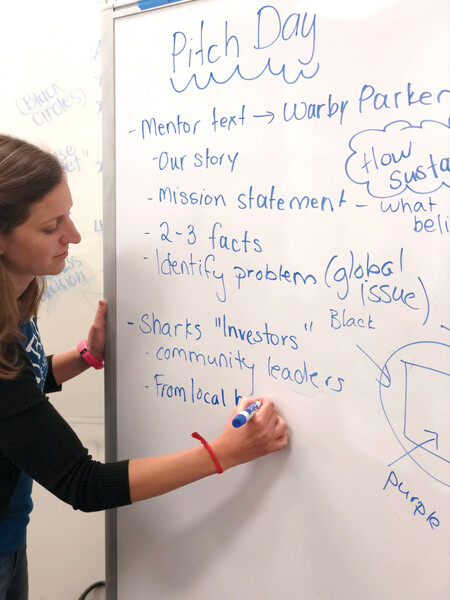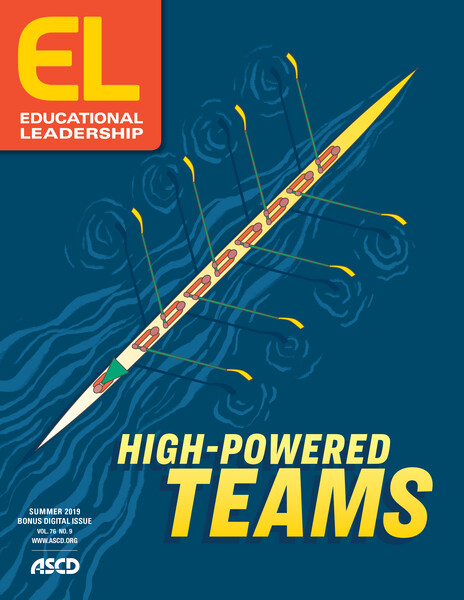Leaders Eat Last: Why Some Teams Pull Together and Others Don't by Simon Sinek (Penguin, expanded edition 2017)
Effective leaders "eat last"—sacrificing their own needs for the good of those they lead. In this way, they cultivate an organizational culture that values teamwork over individual achievement. The best leaders, Simon Sinek writes, create a "circle of safety" that extends to the "outermost edges of an organization," nurturing a sense of safety and belonging and insulating team members from outside threats. In such organizations where trust reigns, innovation and productivity flourish.
That's the gist of Leaders Eat Last, Simon Sinek's much-cited book on the qualities of high-performing leaders. First published in 2014, the book has been relaunched with a revised and expanded chapter on leading Millennials. Born between the early 1980s and early 2000s, Millennials (or Gen Y) have long confounded the Baby Boomers and Gen-Xers who tend to supervise them.
Sinek reports that Millennials often have an insatiable appetite for feedback (though not criticism), a tendency toward boredom and impatience, tech addiction, and a sense of entitlement. But as he points out, these young adults have unique strengths—they are socially conscious, inclusive and open-minded, and remarkably tech-savvy.
Leaders must seek ways to tap into these positive attributes and attend to areas of weakness. Sinek's strategies to help Millennials grow—and strengthen teams—include banning phones from conference rooms and meetings, encouraging notetaking on paper, establishing your organization's "why," practicing empathy, and relying less on email and more on face-to-face relationship building. The key is for leaders to bring more human interaction to their work.
Throughout the book, and especially the chapter on Millennials, Sinek underscores the importance of relationships, "not only to our survival, but also to our sense of fulfillment."
Watch Simon Sinek's video "Why Leaders Eat Last" and TED Talk "How Great Leaders Inspire Action."






